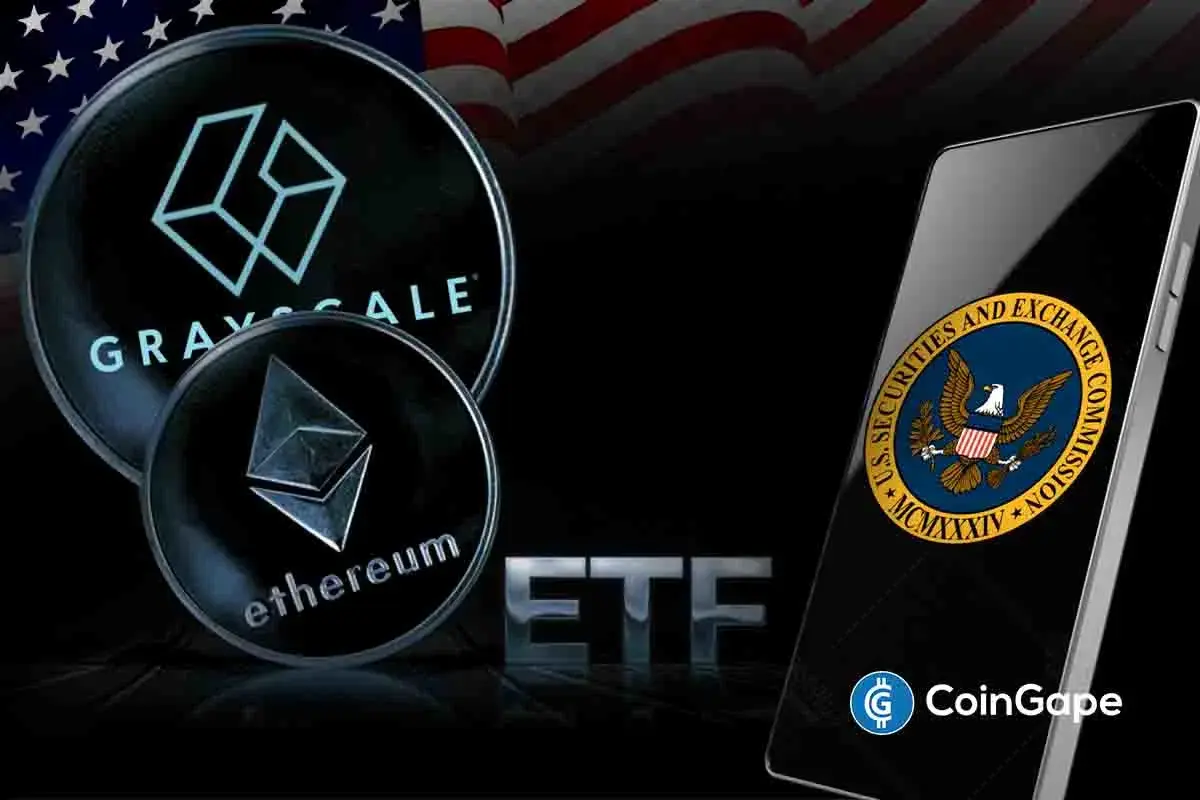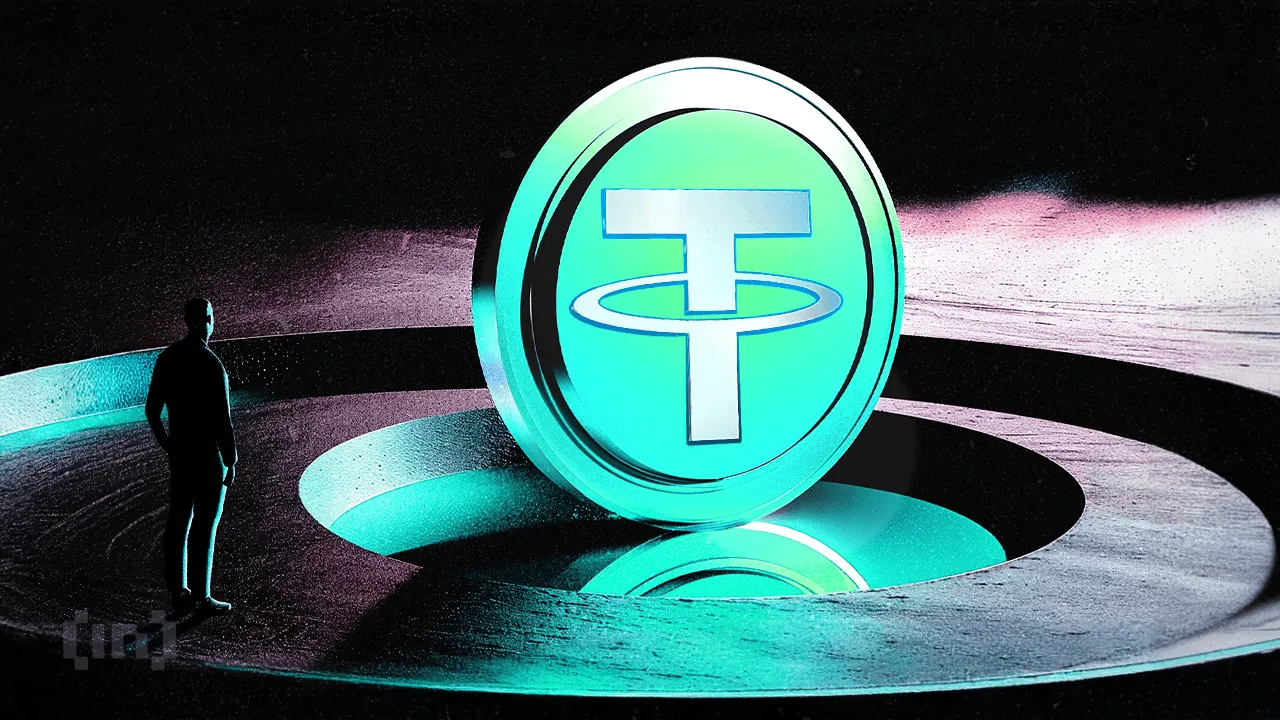The SEC’s Delayed Decision on Grayscale’s Ethereum Spot ETF Staking Proposal: A Deep Dive
The United States Securities and Exchange Commission (SEC) has recently announced that it will postpone its decision on a proposed rule change that would allow Grayscale’s Ethereum spot Exchange-Traded Funds (ETFs) to earn extra yield through staking. This proposal, initially submitted by NYSE Arca on February 14, 2025, has generated significant buzz within the crypto community, as it represents a potential milestone in the mainstream adoption of DeFi (Decentralized Finance) practices.
Background: Grayscale’s Ethereum Spot ETFs
Grayscale Investments, a leading digital currency asset manager, offers a family of investment products that provide investors with exposure to various digital currencies. Among these offerings are the Ethereum Trust and the Ethereum Classic Trust, which function as spot ETFs, allowing investors to gain exposure to the underlying digital currency without actually holding the asset itself. These trusts have amassed significant assets under management (AUM), with the Ethereum Trust holding over $13 billion as of February 2025.
Proposed Rule Change: Ethereum Staking
The proposed rule change, if approved, would allow Grayscale’s Ethereum spot ETFs to participate in Ethereum staking, a process where Ether (ETH) holders can lend their assets to support the Ethereum network and earn rewards in return. This would enable the ETFs to generate additional yield for their investors, aligning them more closely with traditional ETFs that earn dividends or interest.
The SEC’s Delay: Implications for Individual Investors
The SEC’s decision to delay its ruling on the proposed rule change comes as no surprise, given the regulatory body’s historically cautious stance on crypto-related matters. For individual investors, this delay may result in additional uncertainty and potential volatility in the market, as they may be hesitant to invest in Grayscale’s Ethereum spot ETFs without clarity on the staking proposal’s outcome. However, it is essential to remember that the SEC’s deliberation process is a necessary part of ensuring investor protection and maintaining a fair and efficient market.
The SEC’s Delay: Global Implications
Beyond the individual investor level, the SEC’s delay in deciding on the Ethereum staking proposal could have far-reaching implications for the broader crypto industry. The decision could set a precedent for the regulatory treatment of staking and other DeFi practices, potentially influencing the adoption of these technologies by both institutional and retail investors. Furthermore, it could impact the United States’ competitiveness in the global crypto market, as other jurisdictions, such as Canada and Europe, have already taken steps to enable staking for their ETFs.
Conclusion: A Waiting Game
In conclusion, the SEC’s decision to delay its ruling on Grayscale’s Ethereum spot ETF staking proposal highlights the ongoing regulatory challenges facing the crypto industry. While this delay may cause uncertainty and potential volatility in the short term, it is crucial to remember that the SEC’s role is to ensure investor protection and maintain a fair and efficient market. As the crypto industry continues to evolve, it is essential that regulators strike a balance between innovation and regulation, allowing for the growth of this exciting and transformative technology.
- Grayscale Ethereum spot ETFs propose staking to generate additional yield
- SEC delays decision on rule change, causing uncertainty and potential volatility
- Regulatory precedent could impact DeFi adoption and global competitiveness
- Balancing innovation and regulation essential for the crypto industry’s growth





